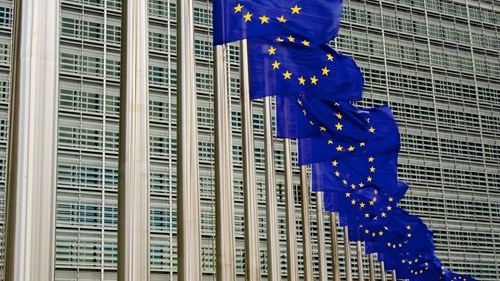New Facebook general terms and conditions - quo vadis social web?
As of today, Facebook has changed its general terms and conditions of business for German users. The contractual basis between the world’s largest social network and its users is thereby fundamentally changed. Much has and will be written on this subject – the media attention is considerable and the discussion about the changes and their implications is widespread. This is justified because the change alone in Germany affects almost 30 million users.
The discussions have an unmistakably legal dimension. This extends from some marginal issues, for example, the questionable procedure for German users of changing the conditions or some errors and confusions about (legally irrelevant) “dislikes” extending to the very fundamental questions of data protection and Facebook’s business model. In addition, the new Facebook terms and conditions and the discussion thereon illustrate above all the following:
For providers of modern telemedia services, legally secure and tailor-made general conditions for their business model are meanwhile an indispensable condition for success. Communication with users may not thereby be underestimated and must be included in the strategic considerations.
Web 2.0 -v- legal position – the hare and the tortoise
The consequences necessarily arise from the tension between the innovative and dynamic nature of modern telemedia in Web 2.0 and the tedious legislative process since many modern telemedia – think only of the social networks – are not adequately regulated by the older provisions of the Civil Code which are often not adjusted to the various interests. Where, however, the general conditions of a provider do not deviate from the law, those provisions apply in Germany – frequently even from long before the Internet appeared.
While now the idea of placing the use of the services under a legal regime other than that of Germany may be considered, this can, however, only be a piecemeal solution – at least mandatory consumer law applies irrespective of such choice of law (see Article 6 ss. 2 sentence 2 ROME I Regulation). Apart from this legal point, strategic issues will often conflict with the choice of a foreign legal jurisdiction. For the user, this can be a decisive impediment to the use of a new tele-media service. While this may not be a problem for Facebook due to its de facto monopoly, the situation of a new not yet established telemedia service is not comparable thereto.
The better solution is in many cases likely to be separate terms and conditions according to German law, tailored precisely to the business model of the relevant service and perfectly exploiting legal room – some of which is quite available.
Data-protection law dimension
In addition, the terms and conditions of business of a tele-media service can have crucial data protection law implications. For example, the question of what features - think only of personalised advertising – can be classified as explicit contractual services of the provider to the user, can have a decisive influence on the admissibility of the use of personal data of the user for these features. A classification as service can potentially smooth the way to legal justification and void the necessity of obtaining consent of the user – practically often difficult and in any event revocable – a possibility highly attractive for the providers against the background of very restrictive data protection provisions of the Telemedia Act.
Strategic dimension
Finally, the reaction to the new Facebook terms and conditions of business also illustrate a further point very clearly. While illegal or inappropriate general terms and conditions of business were formerly rather a question of competition law and the objections of consumer protection associations, in the age of “shit storms” and ubiquitous internet access, the issue has a completely new strategic dimension. If one communicates the wrong terms and conditions of business or if the users feel that they are ignored or unilaterally disadvantaged, considerable and possibly irreparable reputation damage is threatened.
Conclusion
In drafting general terms and conditions for young, modern telemedia services, technical, legal and financial experts must work closely together to cover the various relevant points of use. Only thereby can tailor-made general terms and conditions perfectly suitable to the relevant service and placing the relationship between the provider and the user on a solid foundation, be created. It is essential that the lawyers involved have a high level of technical and financial understanding and precise knowledge of the judgments on IT law.
Well
informed
Subscribe to our newsletter now to stay up to date on the latest developments.
Subscribe now







